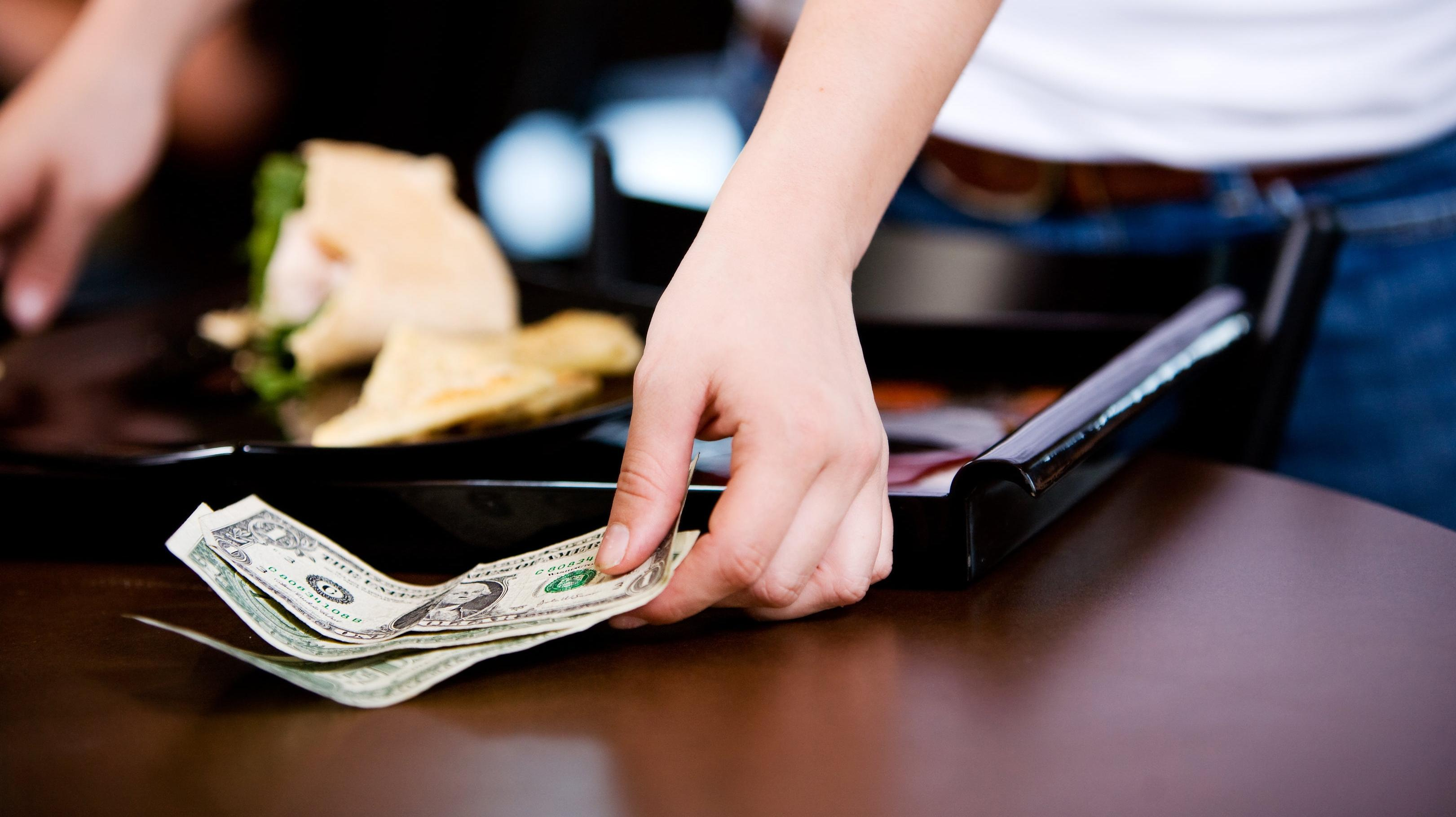Diners Admit Tipping Is All About Control
A new survey reveals that restaurant tipping has an unsettling upside for customers.
Restaurant technology provider BentoBox recently released a report, The Restaurant Tipping Point, which surveyed 2,500 diners across the U.S. It sought out the answer to a major question on people's minds: Are diners tired of tipping?
The answer is complicated. It's not that the willingness to tip isn't there—because BentoBox discovered that it certainly is. The majority of people surveyed were open to the idea of tipping, provided there was some service involved in their dining interaction. But the way people think about tipping is an illustration of the biggest issue with the practice.
Diners said that service "deserves" tips under many circumstances. For example, 75% of the survey group said that ordering drinks at a bar is a tip-worthy scenario, 83% were in support of tipping food delivery employees, 86% said tips are deserved at casual dining, and 88% were down to tip for fine dining meals. Fast food workers, meanwhile, were seen as the least "deserving" of a tip; 48% of respondents went so far as to say that fast food "never deserves a tip."
But the BentoBox survey also found that the motivation behind tipping isn't benevolence—it's control.
For many, tipping is all about controlling the quality of service
Although 62% of diners surveyed said they wouldn't miss tipping if the system were eliminated altogether, 68% still considers it a mandatory practice when dining out at full-service restaurants. (As they should—because for better or for worse, this is still how servers in most states get paid.)
When asked about what they "enjoyed" about tipping, here's what diners had to say:
- 80%: Tipping rewards good service
- 73%: Diners can opt to tip less if their finances can't support it
- 69%: The practice of tipping leads to better overall service
- 63%: Tipped workers tend to accommodate their needs better than non-tipped ones
- 53%: Small tips are a good way to punish tipped employees for what diners deem as subpar service
The majority of diners surveyed apparently believe that the threat of low tips motivates workers to be more attentive, and that a low or nonexistent tip in response to bad service will function as some sort of teachable moment for the server. Taken together it's all about exhibiting a passive form of control over one's dining experience, and all the people who contribute to it.
Perhaps these people are forgetting that a below-average restaurant experience can also hinge on things that are well outside a server's control, like an unexpectedly busy dinner rush, malfunctioning kitchen equipment, and an understaffed dining room, to name just a few variables. Diners really do have control in a tipping scenario, but critics of the practice would say that is it's greatest failing, not its greatest perk.
The BentoBox tipping report is quite in-depth, covering other subjects such as automatic gratuity (diners aren't fans of it), the least-tipped service roles (café workers), and the demographics that tip the least (baby boomers). It's worth scanning if you have some time, and it's definitely something to think about when you're plunking down your next tip after a restaurant meal.
